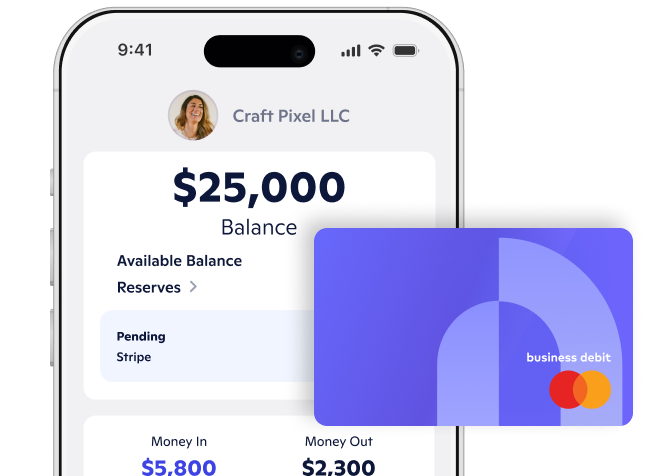
anaging and running a small business means you have to take on multiple responsibilities from marketing to accounting to human resources. Unfortunately having to juggle so many tasks increases the chances of making mistakes.
HR is tough, especially when you are doing it alone and without proper guidelines. There is so much to do, from ensuring proper documentation is ready, employees are properly trained and, most importantly, the employees are receiving their wages every month.
So how do you avoid the most frequent HR mistakes small businesses make? Below we've shared six situations you might find yourself in, and what to do about it.
What are the 5 biggest HR mistakes small businesses should avoid?
1. Not Updating Your Handbook
Not having or owning an obsolete employee handbook may result in regular violations of company policies and may affect employee performance. The handbook helps the employer communicate work-related issues with the employees and is common HR practice. You want the employees to follow the rules and regulations in the workplace, but if it’s not in the handbook, there is little you can do legally if your employee steps out of line. Make sure to write everything down and ensure compliance with employment laws.
2. Unclear Job Description
In order for employees to do the tasks given correctly, provide them with a clear job description. It's impossible to get the job done perfectly when the instructions given are vague and confusing. Unclear job descriptions may lead to performance issues and a lack of interest among employees. Detailed job descriptions and instruction helps minimize misunderstanding and chaos in the workplace.
Before you get the job postings up, discuss them with your HR professionals or team and write a concise, clear and thorough description. Before the hiring process make sure your potential candidates understand precisely what they’ll be doing so there will be no uncertainty.
You should add:
- Working hours
- Certifications and skills required
- Who will the employee be working with?
- Any physical requirements like standing, heavy lifting and more
3. Overtime can be confusing
Calculating employee overtime can be quite inconvenient and time consuming, not only for the small business owner, but for large organizations too. Employees may not remember how many extra hours they have been working and it confuses the employer to count. It’s not rocket science but it’ll require an amount of time and math.
It becomes more complicated when the labor law of overtime not only concerns hourly employees, but also salaried employees, independent contractors and non-exempt employees. The Labor Standard Act creates the right to minimum wage and overtime pay when an employee works more than forty hours a week.
4. Misclassifying your employees
Misclassifying employees may result in penalties. As an employer it’s crucial to differentiate between an employee and an independent 1099 contractor. For workers to be considered an independent contractor, they should belong in these categories:
- You or the company can't decide what the employee does and how they choose to spend their hours.
- The employee manages their finances on their own and you are neither responsible nor control it.
- There are no written formal contract between you and the employee.
6. Not Providing your Employees With Proper Training
You may think training your employees is not a big deal, but inefficient employees can lead to turnover and it is costly to find replacements. Providing training for your employees increases morale and helps your employees understand more about your business. You can begin the orientation process and training during the onboarding process.
The Takeaway
Often small business owners ignore the importance of human resources. Doing so can lead to costly mistakes that could affect your business in the long run. Consult your HR professionals if you must.

%201.png)
.png)




